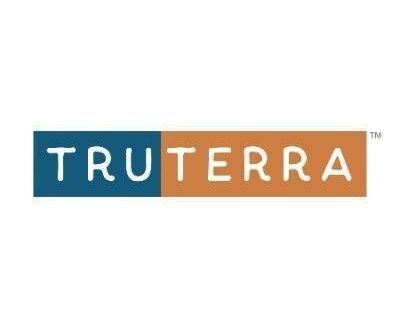Need an income stream? How about growing environmental outcomes?
If you’ve ever thought about adding an income stream to your existing farming operation, the Soil and Water Outcomes fund has a proposition for you: growing environmental outcomes.
Back in April, the Iowa Soybean Association, Quantified Ventures and Cargill entered into a joint venture that involves paying farmers for outcomes that result from adopting best practices that sequester carbon and improve water quality, called the Soil and Water Outcomes Fund. Quantified Ventures describes itself as “an outcomes- based capital firm that drives transformative health, social and environmental impact.” Development of the fund was supported by a grant from the Walton Family Foundation.
Adam Kiel, the program’s managing director and Iowa Soybean Association-director of conservation and external programs, says 14 Iowa farmers who manage about 9,500 acres collectively are taking part in the pilot program this year. The goal is to move to 100,000 participating acres by the end of 2021. Kiel expects that most of those acres will be in Iowa, but some acres will come from neighboring states. “Basically, we are recruiting farmers to produce carbon and water quality improvements that are valued by corporate and civic consumers,” Kiel told High Plains Journal. “By stacking the multiple benefits of these practices, we are able to provide a cost competitive solution to achieving regulatory or environmental outcomes,” according to the project’s website.
“The fund is a win-win for farmers implementing conservation practices and those benefiting from the outcomes of those practices,” said Kiel. “Farmers are well positioned to play a lead role in improving water quality and sequestering carbon. It’s also an ideal way for farmers to scale beyond the acre and contract limits of traditional government funded cost share programs.”
So what “best practices” are involved and how are they documented? They could mean planting cover crops and moving to no-till farming. They could mean reducing the amount of phosphate and nitrogen runoff from your acreage. Data related to dates, times, tillage will be validated by Sustainable Environmental Consultants to determine the resulting environmental outcomes.
This year, the fund says it will achieve an estimated 100,000 pounds of nitrogen reductions and 170,000 pounds of phosphorus reductions and 14,000 pounds of phosphorus reductions in water. Additionally, 7,500 tons of carbon dioxide will be sequestered in soils, an amount equivalent to removing 1,480 cars from the road. Payments to participating farmers so far have ranged from $30 to $50 per acre, depending on the outcomes produced. “More measurable changes result in a higher payment per acre,” said Kiel.
Kiel stresses that what makes this program different is that payments are for measurable outcomes, not merely the practices themselves. They must be newly adopted practices, not things the farmer has already been doing, he said. That separates the program from some other carbon-credit programs that offer to pay farmers retroactively for prior practices.
Kiel said farmers concerned about their data should know that the data collected to verify the outcomes will not be sold to third parties other than those specifically contracted with. It will not include information that would identify individual farmers.
Interested farmers should start by learning all they can about the program, and about other environmental market opportunities and decide what program makes the most sense for their operation, said Kiel. Then they can contact the program through its website.
David Murray can be reached at [email protected].


